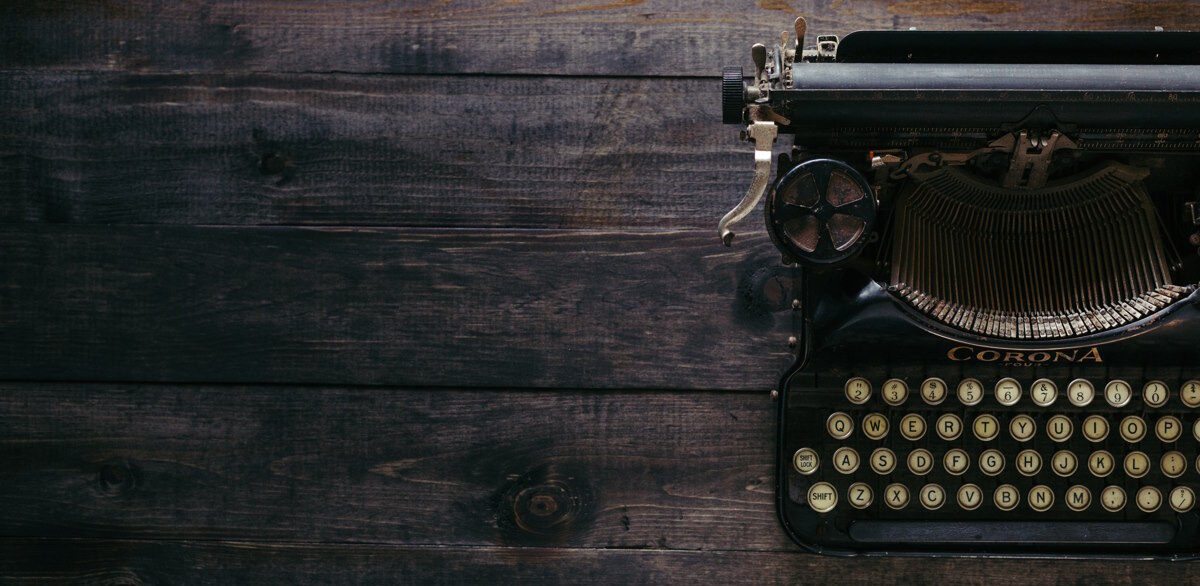2023 in Review: A Few of My Favorite Things
2023 was a pretty good year for my personal relationship with immersive media, though. I enjoyed a range of new-to-me books, games, movies, and TV, while also uncharacteristically diving back into some old faves when I needed a bit of comfort food.


